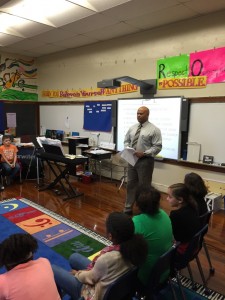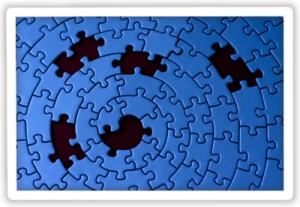
source: www.designmom.com
I had the opportunity to lead a conversation on Growth and Fixed Mindsets based off the work of Carol Dweck at Parent Camp. The parents who participated in the session were very interested in this concept and how it relates to their children. The conversation began with a few general questions to consider:
Are we born smart or stupid?
Is intelligence fixed from birth?
Do we have ‘built-in’ talents as a baby?
Or… do talents, abilities and intelligence itself grow from experience?
We then reviewed the concept of Fixed vs. Growth mindset and how that plays out at home and at school. I showed this clip from the Khan Academy that really helped to drive the conversation:
I shared a few stories from my tenure as Middle School Guidance Counselor. For instance, I used to deal with a lot of students who were Gifted and Talented in Elementary School yet they struggled in Middle School. As I was sharing the stories, I looked at one of the parents and I could tell she was having an “Aha!” moment. Afterwards a few parents continued the conversation and I asked the women about her epiphany. She told me I was describing her son who is in Gifted and Talented and doesn’t really try that hard. When faced with challenges (in this case it was reading and homework) he always wants to give up. According to her, it appears as though her child already has a fixed mindset because of how easy math is for him. I suggested to start praising his process, not the end product.
So how does this play out in school? What the research from Carol Dweck shows is that we have to praise the process not the product. For instance, if a student gets a 100 on a test, as a parent or teacher you would want to say,”You must have worked really hard for that or you are putting in a lot of effort” as opposed to saying, “You are so smart!” If you praise the process, you will be creating a life-long learner, and someone who value growth.
How are you going to change the conversation?










